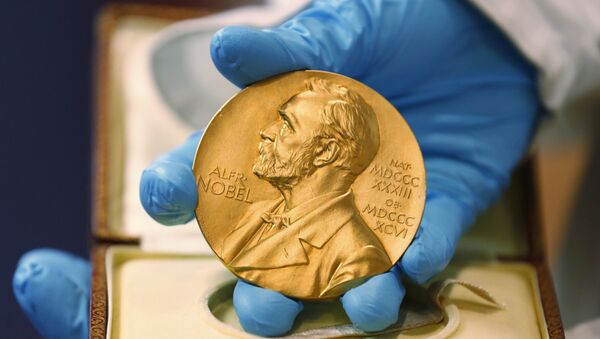The Royal Swedish Academy of Sciences awarded the 2018 Nobel Prize in Chemistry to Frances H. Arnold (California Institute of Technology, Pasadena, USA), George P. Smith (University of Missouri, Columbia, USA) and Sir Gregory P. Winter (MRC’s Laboratory of Molecular Biology in Cambridge).
Arnold was awarded the prize "for the directed evolution of enzymes," while Smith and Winter — "for the phage display of peptides and antibodies."
BREAKING NEWS:
— The Nobel Prize (@NobelPrize) 3 октября 2018 г.
The Royal Swedish Academy of Sciences has decided to award the #NobelPrize in Chemistry 2018 with one half to Frances H. Arnold and the other half jointly to George P. Smith and Sir Gregory P. Winter. pic.twitter.com/lLGivVLttB
In 1985 Smith developed a method called “phage display,” which allows using a virus that infects bacteria (bacteriophage) to evolve new proteins. Winter, in turn, used this method to produce new pharmaceuticals.
Phage display is used to create anti-bodies that can neutralise toxins, counteract autoimmune diseases and also cure metastatic cancer.

